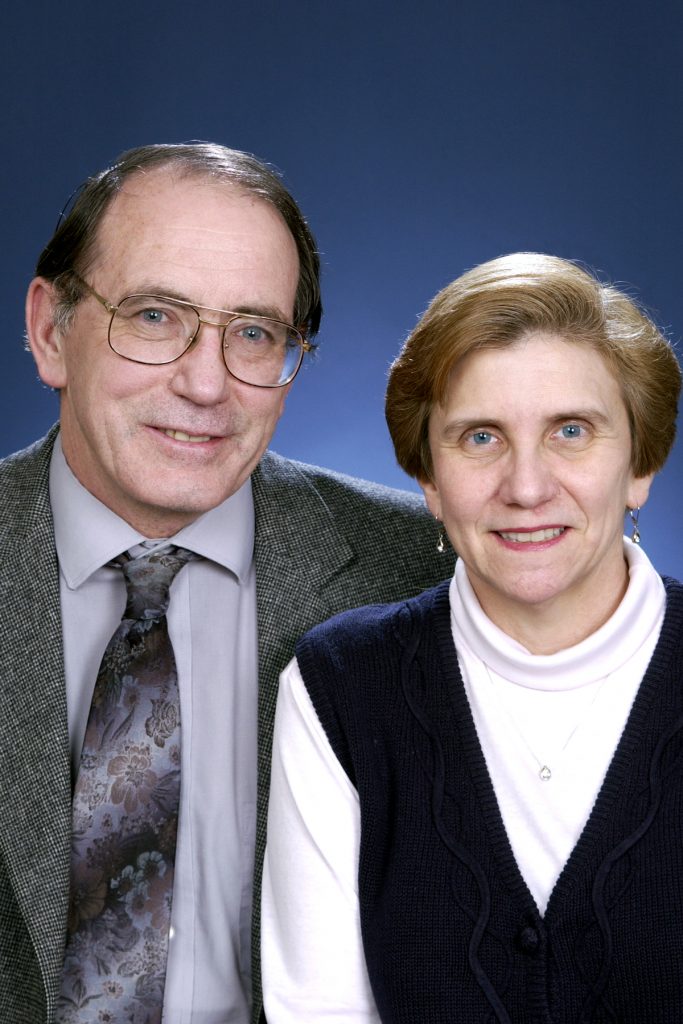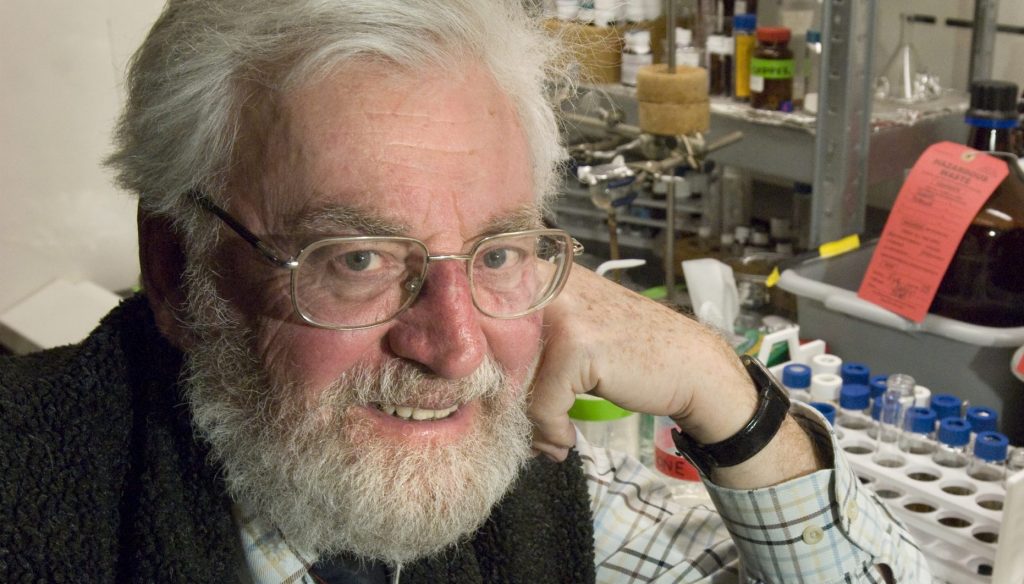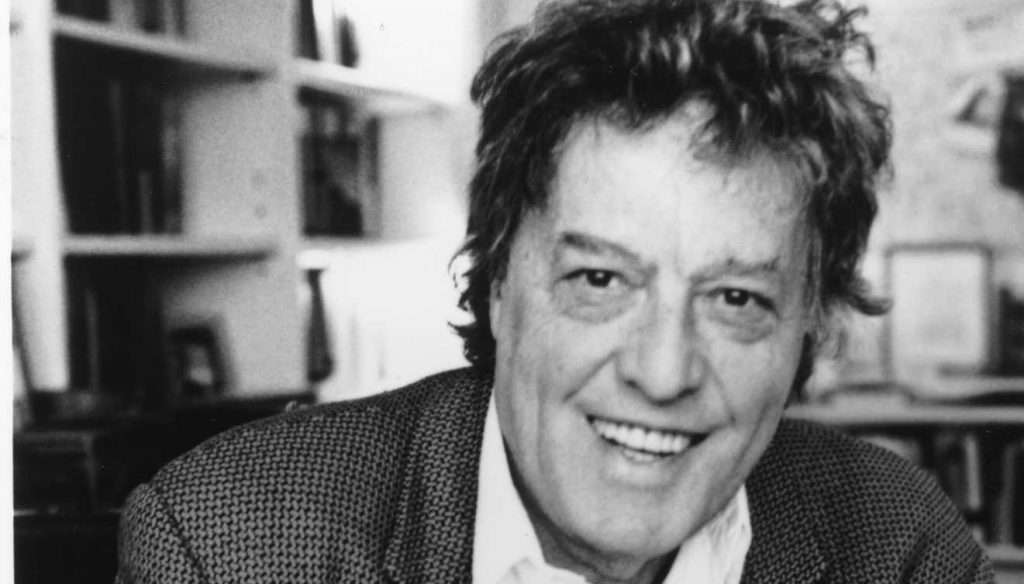Ellen Mosley-Thompson and Lonnie G. Thompson

Ellen Mosley-Thompson and Lonnie G. Thompson
Future: Geosciences
Ellen Mosley-Thompson and Lonnie Thompson, professors at the Ohio State University, are a scientific team.
Together they authored more than 150 papers on their research of materials preserved in ice cores from Antarctica to Greenland.
Lonnie Thompson leads the field operations on high-altitude tropical glaciers. Ellen Mosley-Thompson conducts field and laboratory programs and reconstructs the conditions recorded by the ice. The analytical work on the ice cores required major advances in the art of sampling and measuring small samples. These high-resolution records provide unique histories of remote regions, the roles of atmospheric dust and volcanic aerosols, abrupt changes in the global environment, and the impact of such environmental changes upon human activities.
Lonnie Thompson samples deep ice on Earth’s most daunting peaks and created the field of high-alpine tropical paleoclimatology. He showed that it was possible to get deep cores from high peaks, to preserve them during transport through tropical jungles, and to extract ancient signals from them. He demonstrated that the tropical world is climatically more volatile than previously believed.
The ice core record of Earth history is the ultimate yardstick against which present and projected future anthropogenic effects is assessed. Ice contains wind blown dust, sand, volcanic ash, aerosols, and pollen from around the globe, and it traps air. Ice core histories from Africa, Antarctica, Bolivia, China, Greenland, Peru, Russia, Heard Island and the United States have made it possible to link polar and low latitude-high elevation processes.
Drs. Ellen Mosley-Thompson and Lonnie Thompson have been awarded, either jointly or individually the Roy Chapman Andrews Society Distinguished Explorer Award, the John C. Marshall Award of Marshall University, the Common Wealth Award for Science and Invention (the award recognizes distinguished service to the world community), the National Medal of Science (LGT), Tyler Prize (LGT), the World Prize for Environmental Achievement (LGT), the Dr. A. H. Heineken Prize for Environmental Science of the Royal Netherlands Academy of Arts and Sciences (LGT) and the Vega Medal of the Swedish Society for Anthropology and Geography (LGT). The Mosley-Thompson Cirques (Antarctica) are named for Ellen Mosley-Thompson.
They have approximately 150 peer-reviewed joint publications. More than 20 of these have been cited more than 20 times. They have led 58 field programs.
The 2008 Dan David Prize honors Ellen Mosley-Thompson and Lonnie G. Thompson, jointly, in the field of geosciences for their separate and joint efforts in studying the geological and environmental records in ice cores ranging from the polar regions to the highest tropical and subtropical mountains on six continents and remote islands; and for providing high-resolution environmental histories that contribute to the understanding of complex interactions in the Earth’s outer envelopes, such as the fast melting of mountain glaciers worldwide and the retreat and disintegration of polar icecaps.


